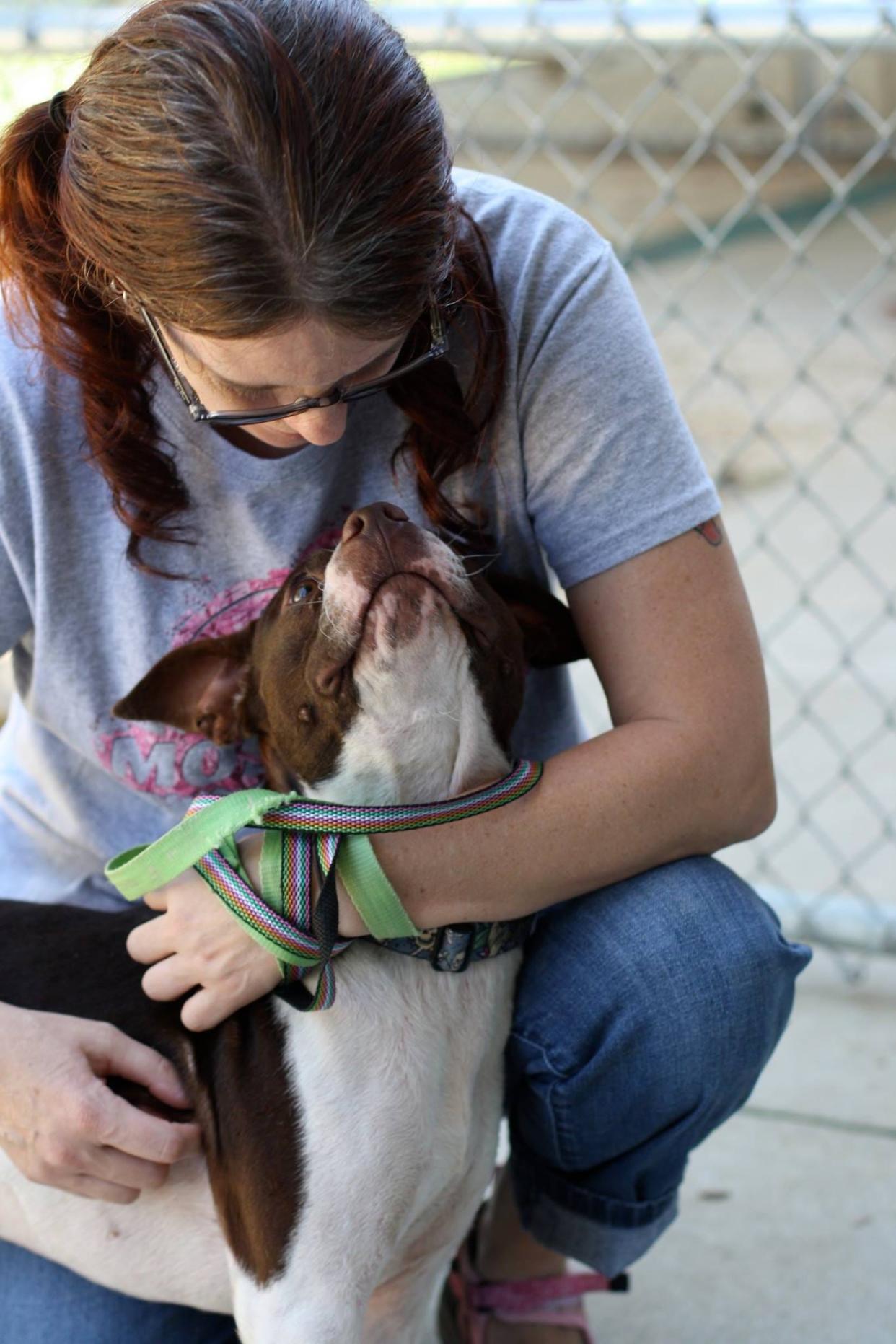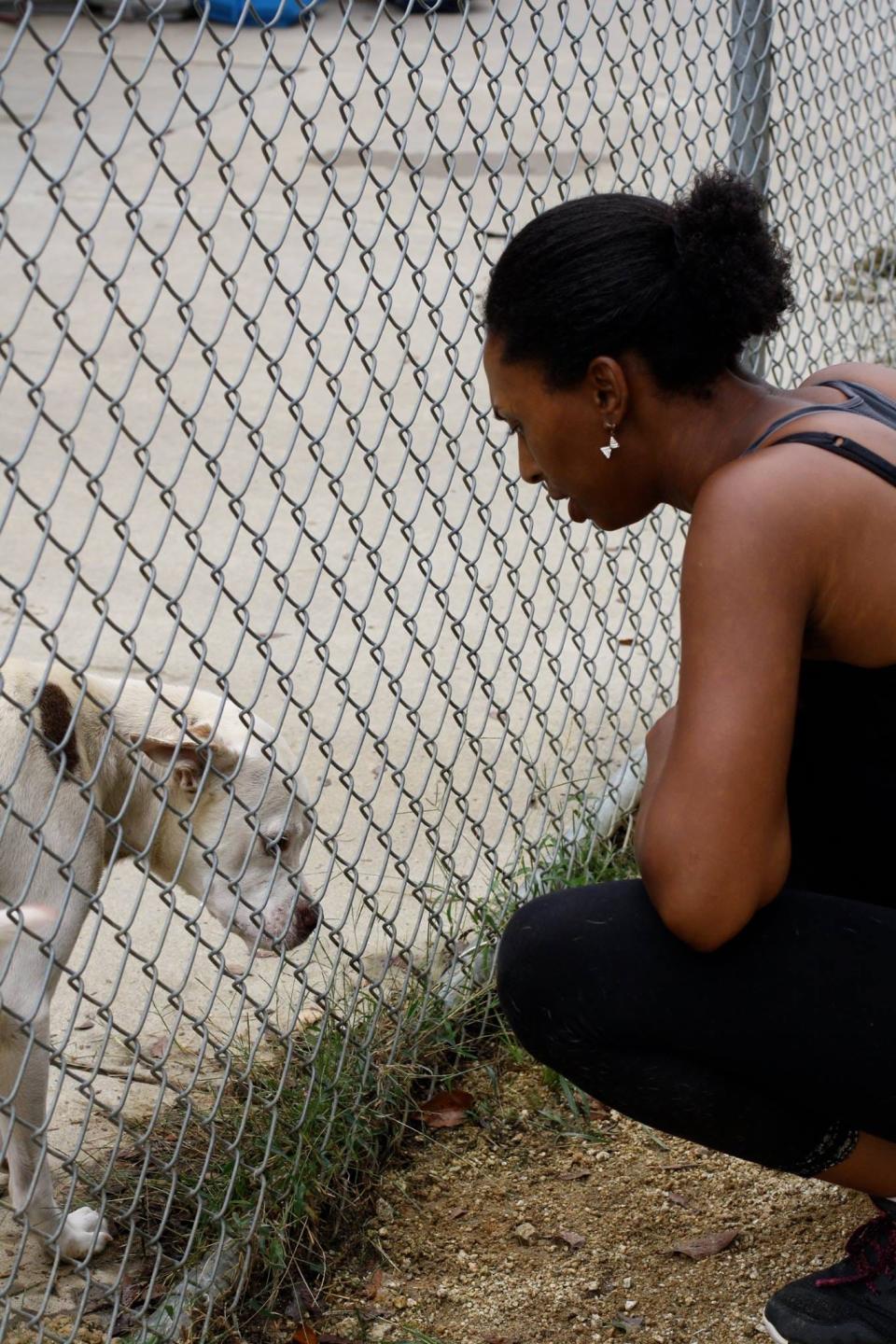NC Answers: How close is North Carolina to being a 'no-kill' state?

In 2013, Burlington Animal Services was worlds away from being a “no-kill” shelter.
That year, the Piedmont facility had a 21% save rate, meaning nearly eight out of 10 cats and dogs in the shelter’s care were euthanized.
Since then, the shelter has retooled its approach. It opened a spay and neutering clinic and promoted the practice Trap, Neuter, and Release (TNR), which has showed some success in reducing swelling stray populations. Burlington Animal Services also began hosting events like Dog Day Out, where locals could borrow canines for a day, which boosted animals’ exposure for potential adoptions.
“Getting the community involved in what you're doing with saving pets was just so crucial,” said Jess Arias, the animal services director for the City of Burlington.
In 2018, Burlington Animal Services’ save rate topped 90%, while its intake numbers fell (from 8540 animals in 2007 to 5,650). Then last year, its save rate hit 95%.
Shelters elsewhere in the state have seen similar advances.
In Buncombe County, the Asheville Humane Society went from a 36% save rate in 2007 to a 92% rate in 2021 according to state data.
In a 2017 op-ed in the Asheville Citizen Times, then-director of the Asheville Humane Society Tracy Elliott attributed part of the progress to the $25 million in taxpayer funding and private donations the facility received over the previous decade.
NC Answers: Is tap water safe to drink in North Carolina?
NC 'has the furthest to go'
Maintaining a save rate north of 90% qualifies both facilities as no-kill shelters in the eyes of Best Friends of Animal Society, a Utah-based non-profit that advocates for no-kill animal rescue.
What defines “no-kill” is a highly sensitive topic, as some insist “no-kill” should strictly mean no animals are put down.
“We use a 90% benchmark rather than say 100% because there are justifiable reasons why animals should be euthanized in certain situations, when they're irremediably suffering and they cannot be saved,” said Holly Sizemore, the chief mission officer at Best Friends.
The group considers 41 of North Carolina’s 132 shelters to be “no-kill," up from 25 shelters in 2016.
But while Sizemore has seen “amazing bright spots,” she still described North Carolina as “one of the states that has the furthest to go” to achieve her organization’s goal of every shelter in the county being no-kill by 2025.

Currently, Delaware and New Hampshire are the only states that meet the 90% threshold at all of their shelters.
According to state data compiled by Best Friends of Animal Society, 27,031 cats and dogs were killed in North Carolina last year. Only Texas and California — the two most populated states — had more.
Sizemore said the Tar Heel State is particularly underperforming in its care of cats, as some facilities dedicate more attention to controlling local dog populations. Labor shortages in recent years, she added, have hampered some shelters efforts to elevate their lagging save rates.
In recent years, Best Friends has awarded a number of grants to help North Carolina shelters expand their TNR services. Still, Sizemore said “a mix of money, willpower, and political support,” is needed if the state is to achieve universal 90%-plus save rates within the next three years.
Crime news: Catalytic converter thefts illuminate NC's auto parts black market
Brian Gordon is a statewide reporter with the USA Today Network in North Carolina. Feel free to email him at bgordon@gannett.com or follow him on Twitter @skyoutbriout
This article originally appeared on Asheville Citizen Times: NC no-kill status lags, but more dogs and cats saved today than past
